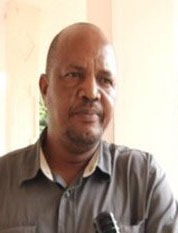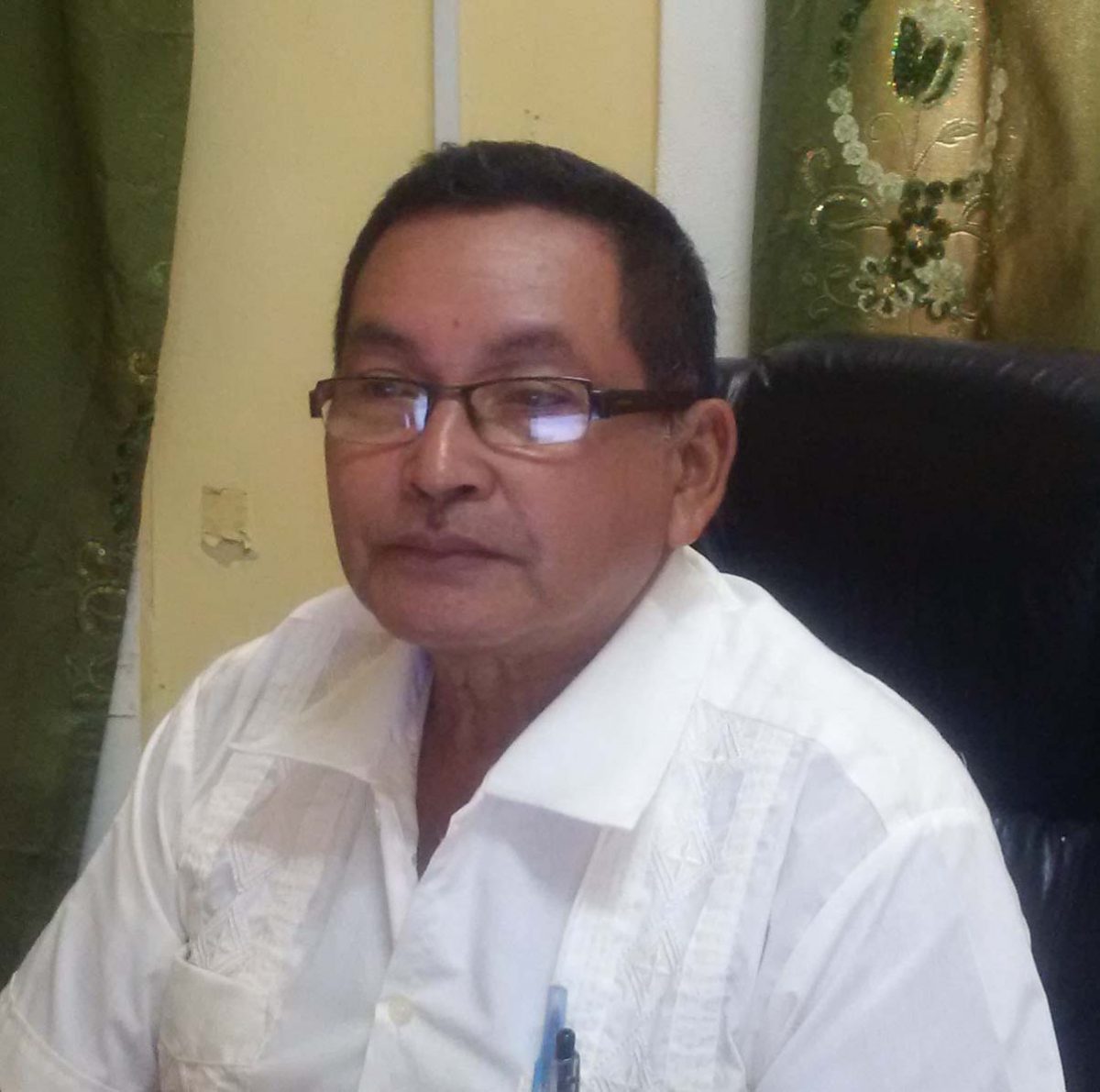Although Region Nine has no active cases of the coronavirus disease and everyone who had direct contact with the region’s only confirmed case have tested negative, it is still under threat as persons continue to travel back and forth between Guyana and Brazil.
The region recorded its only confirmed case of COVID-19 on May 11th. The patient, Hamlett DaSilva, escaped from the Lethem Regional Hospital a few hours after he received his positive test result but was later recaptured in Brazil, where he was institutionalised at an isolation facility, thereby leaving no confirmed cases of the respiratory disease in the region.
However, 130 persons who had direct contact with DaSilva or had contact with someone who had been in contact with him were placed in quarantine for two weeks. The persons who were placed in quarantine include staff of the Lethem Hospital and their families along with dozens of other person from several Indigenous communities.

According to the Regional Executive Officer (REO) Carl Parker, the persons who had direct contact with DaSilva were tested for the disease after the two weeks of quarantine had ended but all their test results returned negative. “All of them were tested and given the clear. They’re out of quarantine and none of them come down positive and we are very lucky in that regard, very, very lucky. We had our COVID-19 meeting this morning (Wednesday) and I did mention that given what is happening in Moruca, we are extremely lucky,” Parker told Stabroek News via telephone.
The Regional Chairman, Bryan Allicock, also expressed similar statements. “We are very happy to report that the region has been cleared, we do not have any new cases. All the people that we have tested so far, all the result came back negative so we are in clear,” he said.
However, although there aren’t any positive coronavirus cases in the region, Parker said the region is not yet out of the woods as the number of coronavirus cases continues to rise in Brazil, which had recorded at least 560,737 cases as of Wednesday.
He said that one of the major issues in the region is that persons are continuing to use unofficial border crossings to return to Guyana from Brazil.
“Guyanese are living and working in Brazil and we want to suspect that because the cases are spiking in Brazil, persons are trying to escape Brazil and are returning home. Many of them would’ve lost their jobs there, so nothing is preventing them from returning to Guyana. It would seem that it’s best they come home, they have their farms,” Parker stated.
He added that many indigenous persons have both Guyanese and Brazilian citizenship, which allows them to travel freely between both countries. “It’s not the case of natural Brazilians coming over to the country, its other residents living and working in Boa Vista returning to escape what’s happening in the Roraima state and there is nothing we can do about that and we cannot deny them entry to their country of birth,” he stressed.
Charging
Meanwhile, Parker stated that the Regional Health Emergency Committee (RHEC) has discussed the possibility of charging persons who are leaving and entering the country illegally under the immigration act. However, he said, that will be for the National COVID-19 Task Force to decide considering the fact there is an existing agreement with Brazil which allows Region Nine residents to travel freely back and forth to Brazil.
“Because of the relationship we enjoy with Brazil, persons would use entry other that an official port to visit or travel to Guyana and Brazil. That’s a traditional activity we cannot discount. We are encouraging persons to use the official port of entry and exit but there is still those who would rather resort to the traditional means of entering and leaving Guyana because these border crossings are just opposite the villages in which they live, so instead of coming around to Lethem and then they have to go miles to their village, they cross the borders near their villages and they are home safe,” the REO explained, before saying that is one of the reasons why village councils of communities along the border were instructed to monitor the borderline. Once a person from the village returns from Brazil, he said, regional authorities will be informed immediately.
In one instance, Allicock revealed, a Toshao of a South Central Rupununi community had reported on Tuesday that two persons had arrived from the Brazil and they immediately sent a team to isolate those persons. Allicock noted that those persons will be quarantined for two weeks and will be monitored by health personnel.
With illegal entry into the country being a major issue, Parker stated, in order to address the issue they have made arrangements for Guyanese citizens to return to Guyana legally. He stated that if any Guyanese stranded in Brazil want to return to Guyana, they can contact the Consulate General of Guyana, Shirley Melville, who will contact regional authorities and indicate the number of persons who would like to return to Guyana.
He added that due to the fact the quarantine facility in Lethem can only accommodate 14 persons, only a few persons will be allowed to return to Guyana in a two-week period. Those persons will have to be quarantined for two weeks upon arrival in the region.
Thus far, he said, several persons have returned to Guyana legally since the Guyana/Brazil border was closed. The first of the set were three persons from Bush Lot followed by four ExxonMobil employees. Currently, he said, there is only one person in quarantine at the quarantine facility.
“Some of them are using that channel but the majority will rather use other crossings and as I said it’s not that they are trying to beat the system it’s just that they are accustomed to using those crossings so how are we going to deal with it? We will be guided by the national task force so we are going to write them, highlighting that issue and seeking advice on how we should deal with it,” Parker commented.
Parker revealed that the issue between South Rupununi Toshaos and the Rupununi Mining Association has been resolved. He stated that miners will not be allowed to stop in communities en route to mining areas. Miners will also need a letter from the Chairman of miners association in order to gain entry to those villages where they are working.





